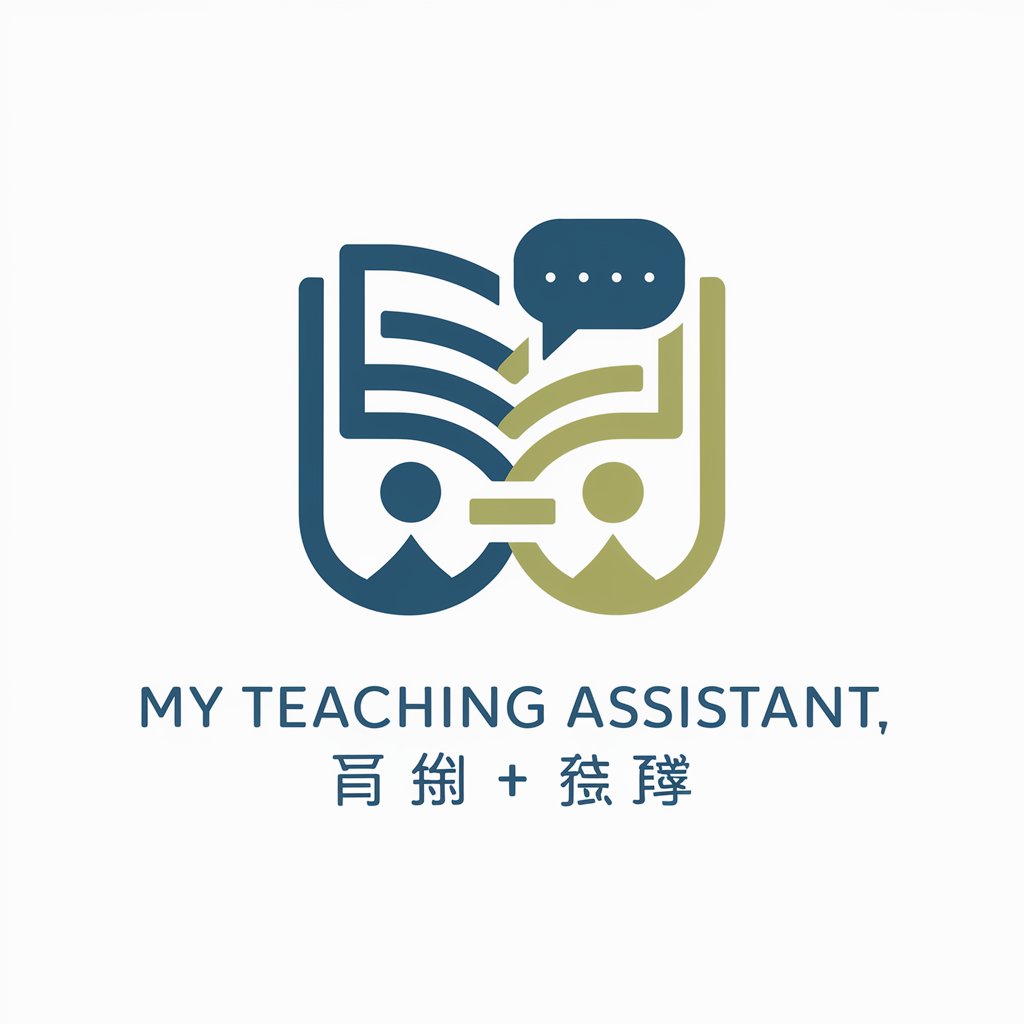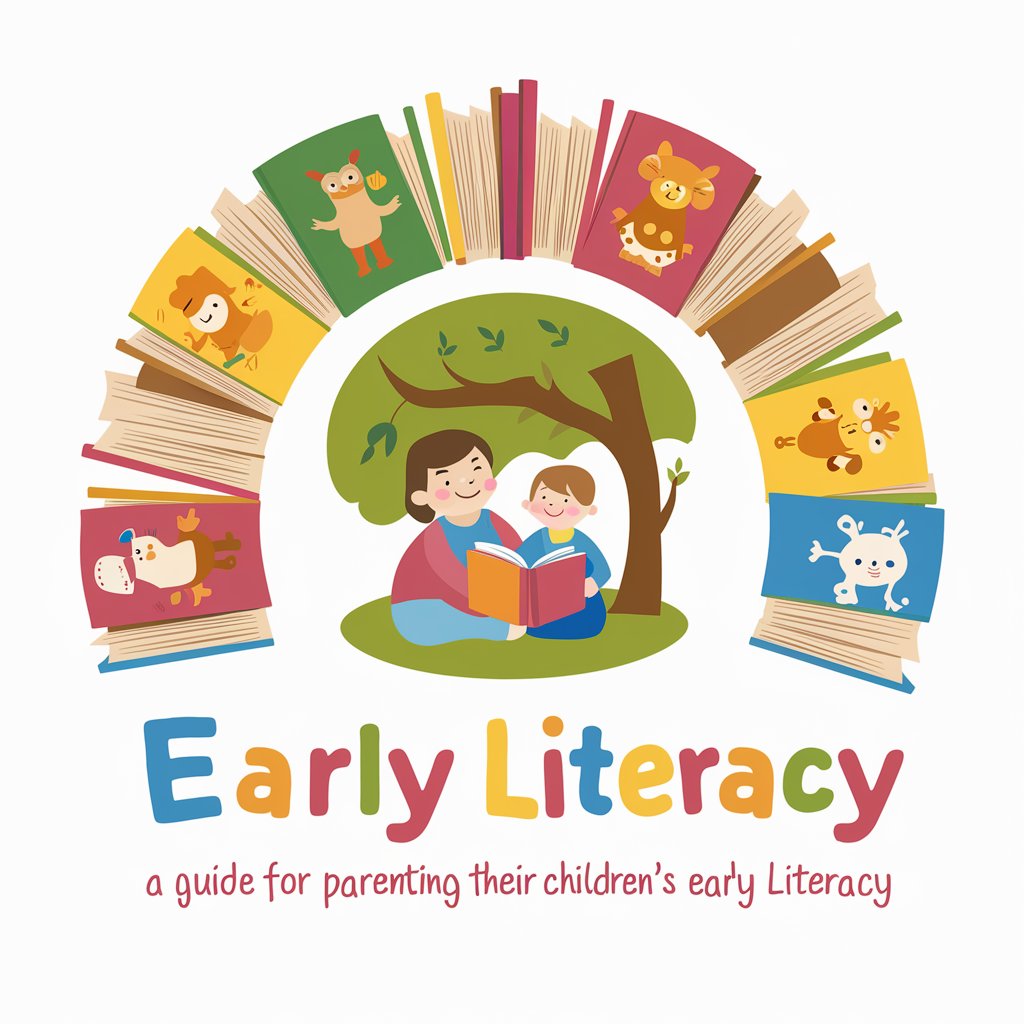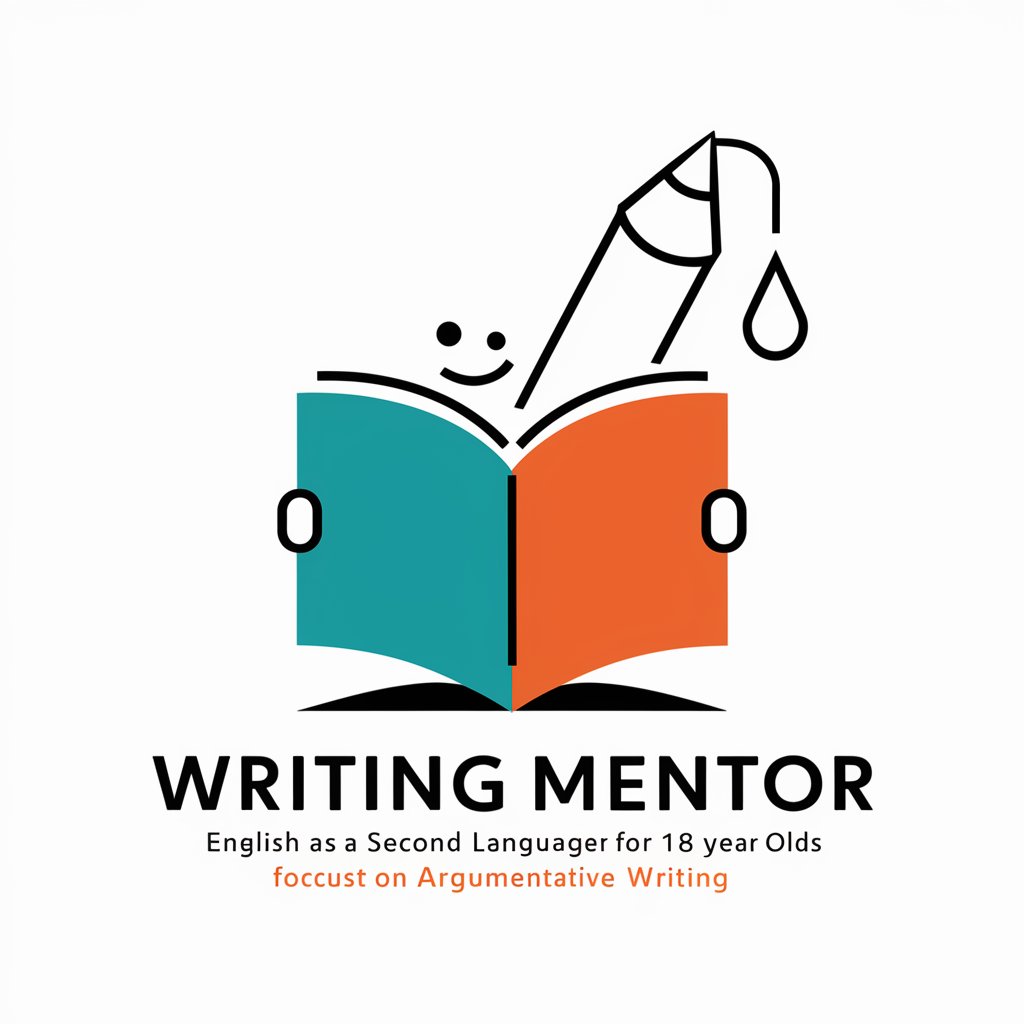8 GPTs for ESL Support Powered by AI for Free of 2026
AI GPTs for ESL Support refer to advanced artificial intelligence models, specifically Generative Pre-trained Transformers, that are tailored to assist in English as a Second Language (ESL) learning and support. These tools leverage the power of AI to provide personalized learning experiences, understand and generate natural language responses, and facilitate interactive language learning sessions. They are designed to address the unique challenges faced by ESL learners, including grammar, vocabulary, pronunciation, and cultural nuances, making them highly relevant and effective in the context of language learning and support.
Top 8 GPTs for ESL Support are: Ontario Report Card Comments & Curriculum Planning,My Teaching Assistant,Academic Mentor Emma,I Can Learn to Read,Grammar Tutor,English Essay Writing Coach,Grammar Guru,Writing Mentor
Ontario Report Card Comments & Curriculum Planning
Streamlining report card comments with AI

My Teaching Assistant
Empowering Educators with AI

Academic Mentor Emma
Empowering academic excellence with AI-driven mentorship.

I Can Learn to Read
Empowering young readers with AI

Grammar Tutor
Empowering Your Words with AI

English Essay Writing Coach
AI-powered ESL Writing Assistant

Grammar Guru
Perfect Your English with AI

Writing Mentor
Empowering Youthful Writers with AI

Distinctive Capabilities of AI GPTs for ESL
AI GPTs tools for ESL Support are distinguished by their adaptability, allowing them to serve a wide range of functions from basic language exercises to complex conversational simulations. Key features include natural language processing for real-time feedback, customizable lesson plans based on learner proficiency, and interactive exercises that enhance comprehension and fluency. Additionally, some GPTs offer specialized features like language model fine-tuning for specific dialects or cultural contexts, integration with multimedia resources for immersive learning, and analytics for tracking progress.
Who Benefits from AI GPTs in ESL
The primary beneficiaries of AI GPTs for ESL Support include ESL learners at all levels, from beginners to advanced, as well as educators and language tutors seeking to enrich their teaching resources. These tools are also invaluable for content creators and developers in the ESL domain, offering them powerful AI capabilities without the need for extensive programming skills. Advanced customization options further allow developers and linguists to tailor the learning experience to specific needs or integrate these tools into broader educational platforms.
Try Our other AI GPTs tools for Free
Psychedelic Experiences
Explore AI GPT tools for Psychedelic Experiences, offering insights, simulations, and guidance tailored to the psychedelic domain, accessible to novices and invaluable for professionals.
Algorithmic Artistry
Explore AI GPTs for Algorithmic Artistry, a fusion of artificial intelligence and creativity, designed to generate unique art, music, and more through advanced algorithms.
Health Supplements
Discover how AI GPTs for Health Supplements revolutionize personal wellness, offering tailored advice, content, and insights in the health supplement domain.
Business Opportunity
Explore how AI GPTs for Business Opportunity can transform your approach to market analysis, idea generation, and strategic planning with advanced AI technology designed for business growth.
Network Marketing
Discover how AI GPTs revolutionize Network Marketing with tailored content creation, personalized engagement, and strategic market insights, all through an accessible, customizable platform.
Customer Sourcing
Discover how AI GPTs for Customer Sourcing can revolutionize your customer acquisition strategy with advanced data analysis, personalized engagement, and seamless integration into existing systems.
Expanding Horizons with AI GPTs in ESL
AI GPTs offer customized solutions that can revolutionize ESL learning and teaching. Their ability to integrate with existing systems, adapt to individual learner needs, and provide immersive, interactive learning experiences underscores their potential to transform the ESL educational landscape. With user-friendly interfaces, these tools are not only accessible to a broad audience but also pave the way for innovative approaches to language learning.
Frequently Asked Questions
What exactly are AI GPTs for ESL Support?
AI GPTs for ESL Support are AI-driven platforms designed to assist in learning and teaching English as a Second Language, utilizing the capabilities of Generative Pre-trained Transformers to simulate conversations, correct language use, and personalize learning paths.
How do these AI tools enhance ESL learning?
They enhance ESL learning by providing real-time feedback, personalized lesson plans, and interactive language exercises that improve comprehension, vocabulary, and fluency in a more engaging and effective way than traditional methods.
Can beginners use these AI GPTs effectively?
Yes, beginners can use these tools effectively as they are designed with user-friendly interfaces and customizable settings to match the learner's initial proficiency level and gradually increase complexity.
Are there customization options for educators?
Yes, educators can customize lesson plans, exercises, and feedback mechanisms to suit the specific needs of their students, making these tools highly adaptable to different learning environments.
Can these tools integrate with existing educational software?
Many AI GPTs for ESL Support are designed with integration capabilities, allowing them to be incorporated into existing educational platforms or software, enriching the resources available for ESL learners.
Do I need programming skills to use AI GPTs for ESL?
No, most AI GPTs for ESL are designed to be accessible without requiring programming skills, although having such skills can enhance the tool's customization and integration capabilities.
How do these AI tools handle different dialects or accents?
Advanced GPTs are capable of understanding and generating responses in various dialects and accents by training on diverse language datasets, thereby supporting learners from different linguistic backgrounds.
What kind of progress tracking is available with these tools?
These tools often include analytics features that track progress in vocabulary acquisition, grammatical correctness, and overall language proficiency, providing learners and educators with valuable insights into the learning journey.